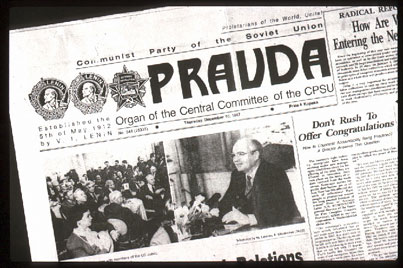Fundamentalists fear a widespread and unregulated flow of information more than any other single thing. Any source that cannot be monitored, regulated, and censored must be demonized, castigated, and forbidden. Always.
In the past, maintaining power in a church or organization was a much simpler affair than it is today. Whatever a pastor said in his own church was unlikely to make it to the ears of anyone other than his congregation. He was free to rant, rave, posture and prevaricate to his heart’s content and nobody was the wiser.
The foibles and follies of churches, schools, and other ministries was kept a family secret. Anyone who talked about them would be punished. Anyone who wrote about them would be shunned. And who would listen anyway? Ex-fundamentalists didn’t exactly have their own newspaper.
Then the Internet happened.
Today if you ask the average fundamentalist their view of the internet the words “filth,” “lies,” and “gossip” will inevitably emerge in their description. The Christian’s position on the internet should be akin to a group street preaching in a red light district. Blast out your message but don’t stick around too long or look too closely.
Thankfully, today’s fundy pastors are finding it harder and harder to hide in the darkness and control the flow of information. What’s said in church on Sunday night will be on You Tube by Monday morning. A church’s high crimes and misdemeanors that would have never made it past the local papers now sail around the world in a matter of seconds.
The fierce light of public scrutiny has come to fundyland and its colleges and approved media outlets are running scared.
